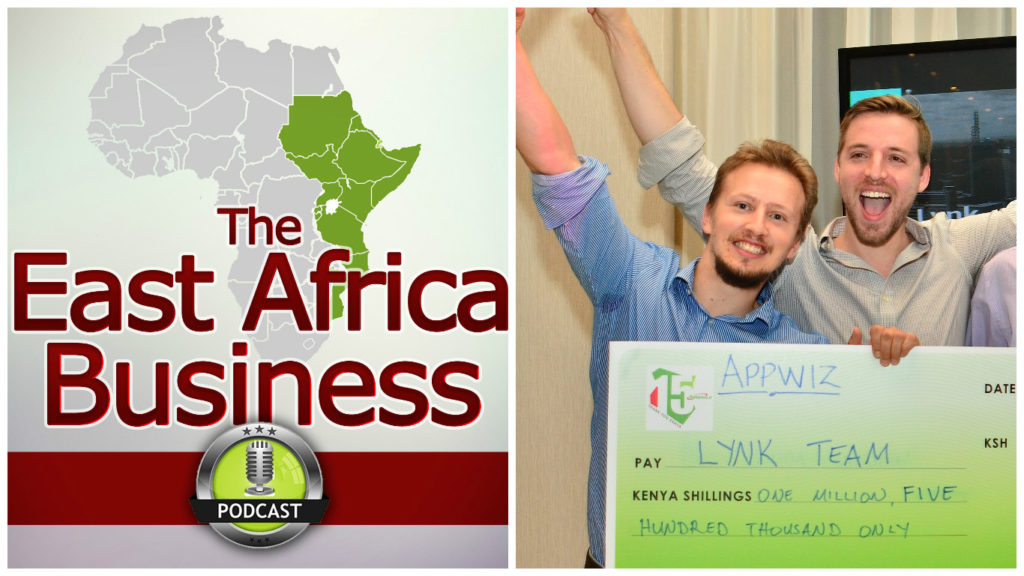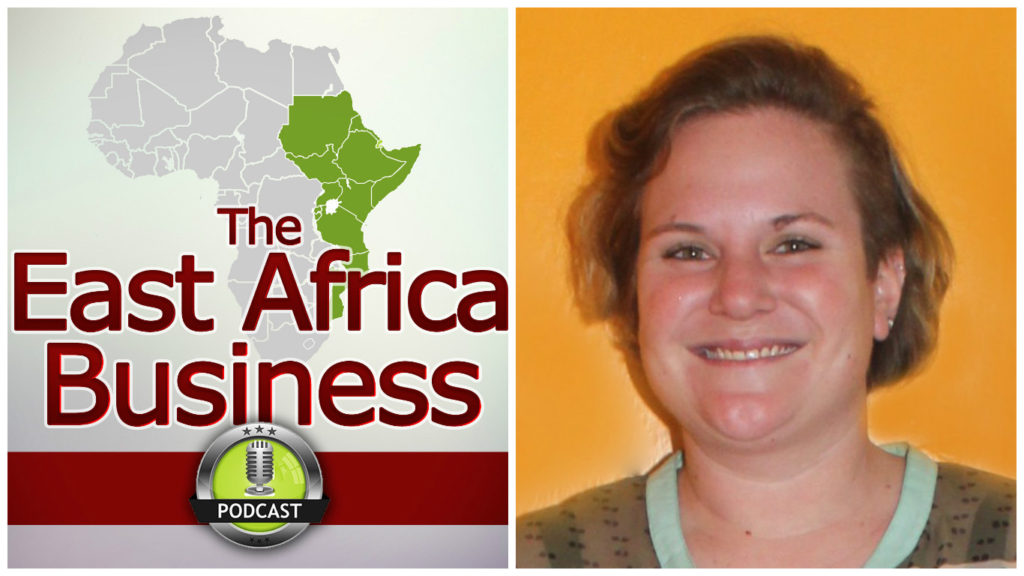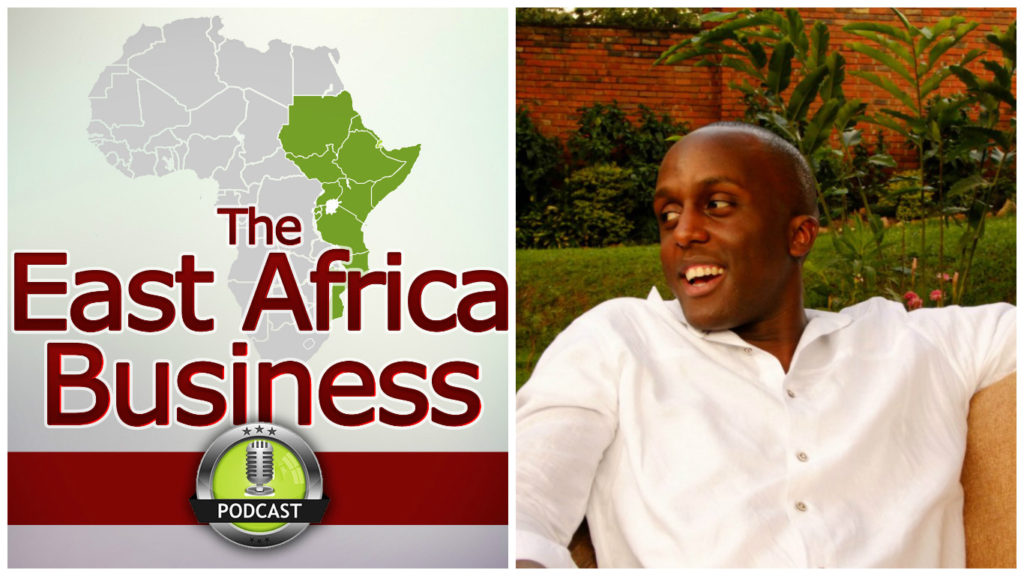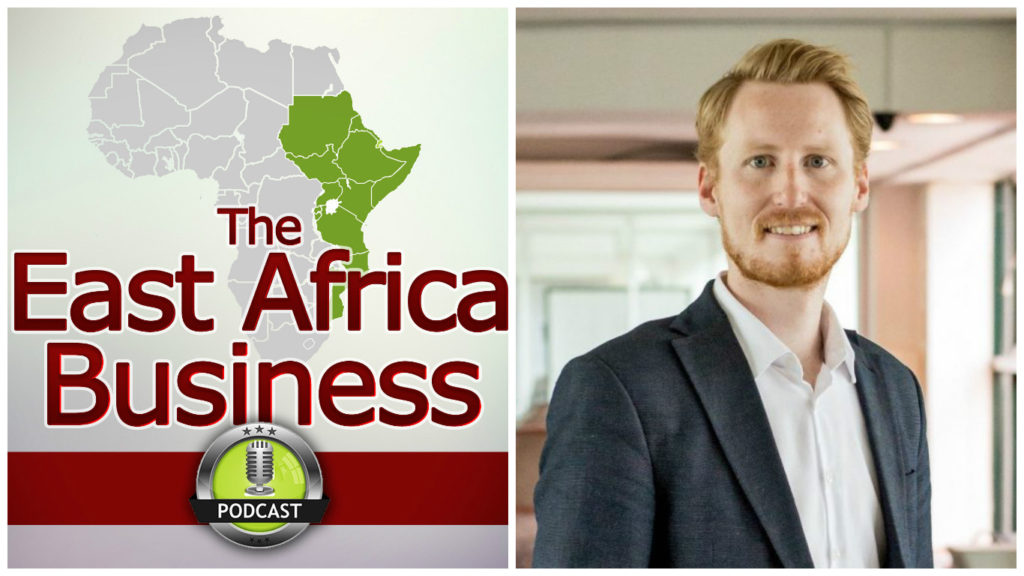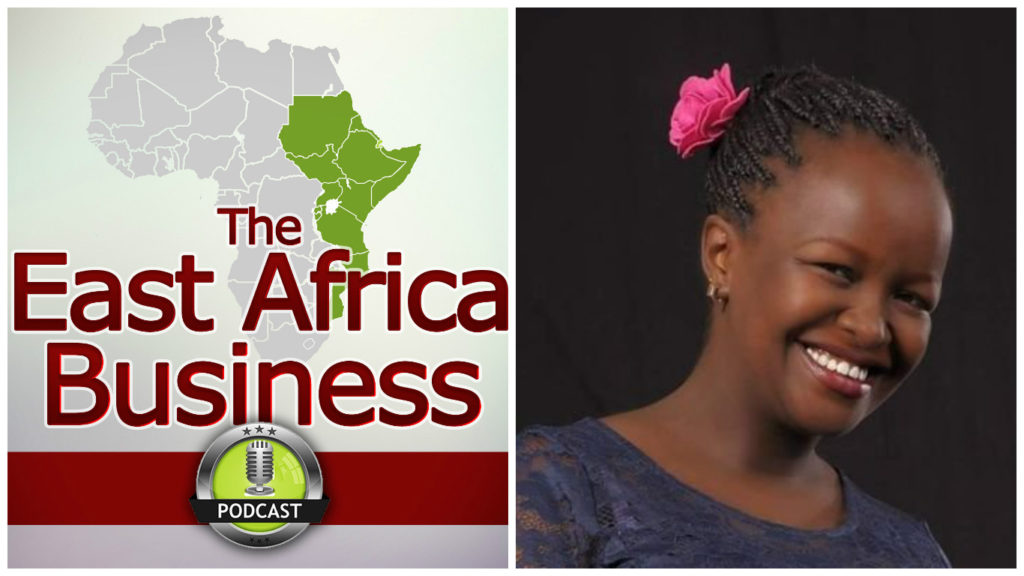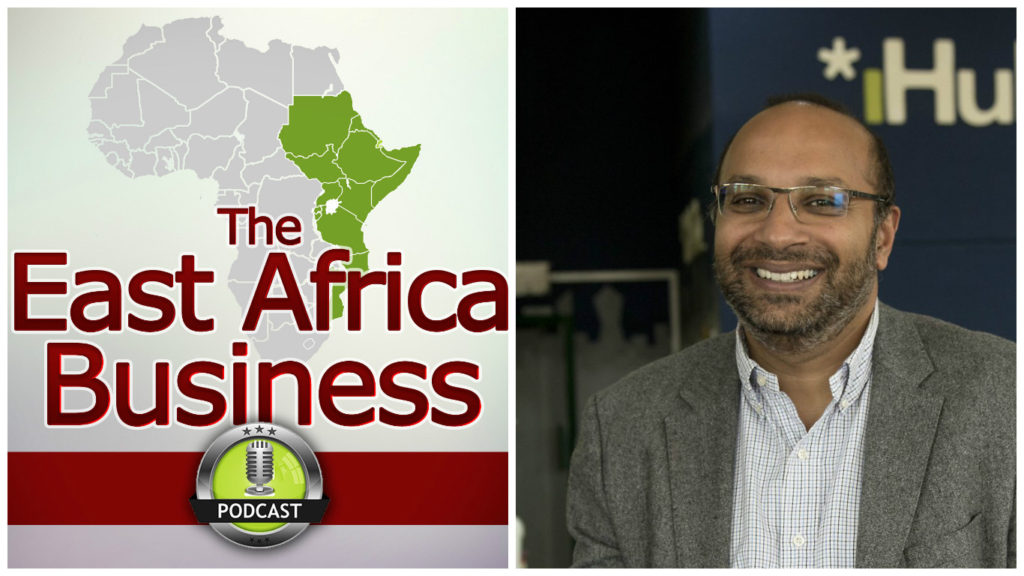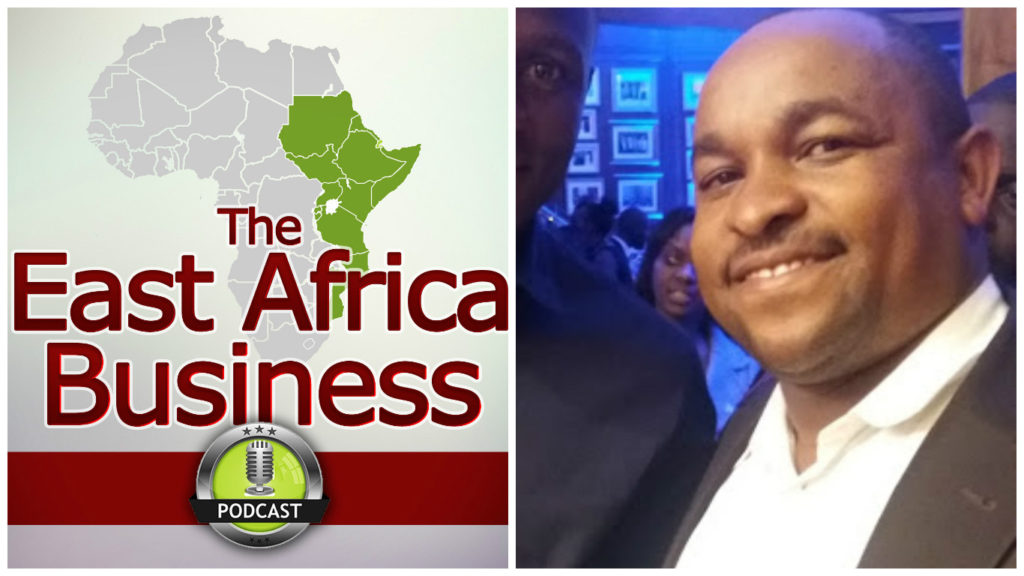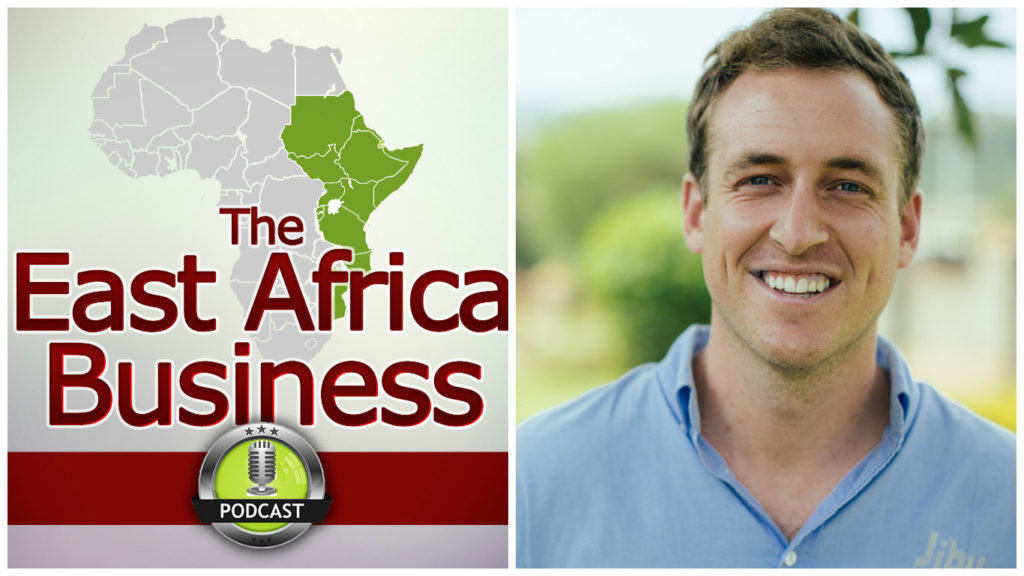Overview
A huge amount of employment in East Africa exists in the informal sector.
People often working on an ad hoc basis with little record of what they do.
This means that it is difficult for workers to build a reputation, and for customers generate trust.
Adam and Johannes at Lynk see a great opportunity to use technology to bring value in this broad sector.
We talk about how the founding story of their services marketplace above a hardware store, the processes around matching customers and workers, and their vision for how data can bring benefits to whole sector.
It’s a super interesting episode, and I hope you enjoy
Sign up below to hear whenever there are new stories and episodes released on the podcast
Here are some of the key quotes:
“80% of workers in Kenya are in the informal sector”
We can add a huge amount of value in this sector where payslips and mapped career progression aren’t really a thing. Like LinkedIn for the Linked Out.
“TaskRabbit for Kenya”
Is how some people think about what it is that we offer.
“We used to live above a hardware store”
We would spend the day talking to these informal workers, and then at night time go and do coding to build around the product.
“700 interviewed, verified workers”
These are people who we have on Lynk and that customers can choose to hire. They are across 150 different categories. An informal worker is known as a “fundi”
“We’ve gone broad as the market is bigger”
It would have been easier to pick, say, one category/ industry to work in, however we didn’t feel that there were that many, say, plumbing requests in Nairobi each month. Our way is harder, but bigger.
“There are lots of processes needed”
The job isn’t an easy one, as it’s not just a classifieds site. We’re ensuring that customers and workers have a great experience.
“Most requests are reactive”
Customers are always coming to us and saying that they want X done. Our vision is to be able to suggest Y to them.
“Marketing is tough”
Word of mouth is really the main way that fundis get work, or they hang around by hardware stores to see if they can help. Adam and Johannes used to live above one of these hardware stores.
“We met at university”
Adam was finishing up at Google and Johannes had just finished his Masters. They were looking at doing an idea in Nairobi and a service marketplace seemed to be a big problem to solve.
“There are some behaviours we wish to change”
For example, timeliness. For a fundi it’s low on their priorities, however it’s something that customers really value. Teaching fundis about this is an important aspect to the business.
“… and others we will adapt to”
Like how fundis want to get paid. We identified a series of behaviours where we would adapt to the market, and others where we wanted things to change.
“We manually deal with each request”
Currently when a new request comes in we will clarify a few things with you and then contact the best three fundis who could do the job, and ask them for a detailed quote.
“A full service solution”
We don’t put up a big list of providers for customers to scroll through as we don’t think that’s the best user experience, and there are also issues with scheduling. Instead, a customer comes to Lynk and has a relatively high level of service.
“Payment flows through Lynk”
This gives protection for both customer and fundi. Customers can pay in a variety of ways, and we pay fundis through mobile money. Lynk’s commission is 10%.
“Most communication is through SMS”
Customers and fundis receive phone numbers when a job is booked and then communicate from then on. Depending on the complexity, Lynk may stay involved. Either way, fundis don’t all have the phone/ data package to want to communicate through an app.
“Being cut out is inevitable”
It will never be fully avoidable. Ensure that there are limited disincentives to using the platform, and just generally that there is value from the service. We’ve found that we’re being “cut in” more.
“The data is amazing”
We’re interested in providing a good service for a fair price. Going forward, we’ll be collecting lots of rich information which can be used in other areas.
Social Media Follows etc.
Facebook: Lynk Kenya
Twitter: @LynkKenya
Website: www.lynk.co.ke
